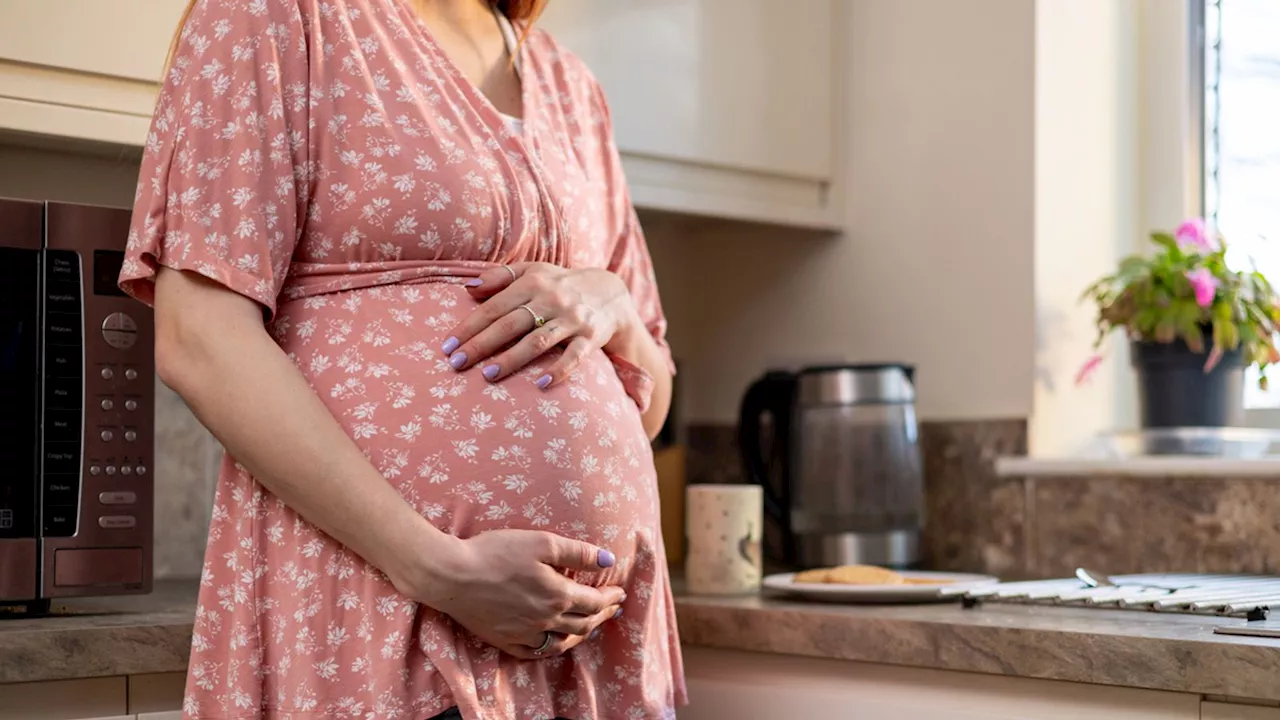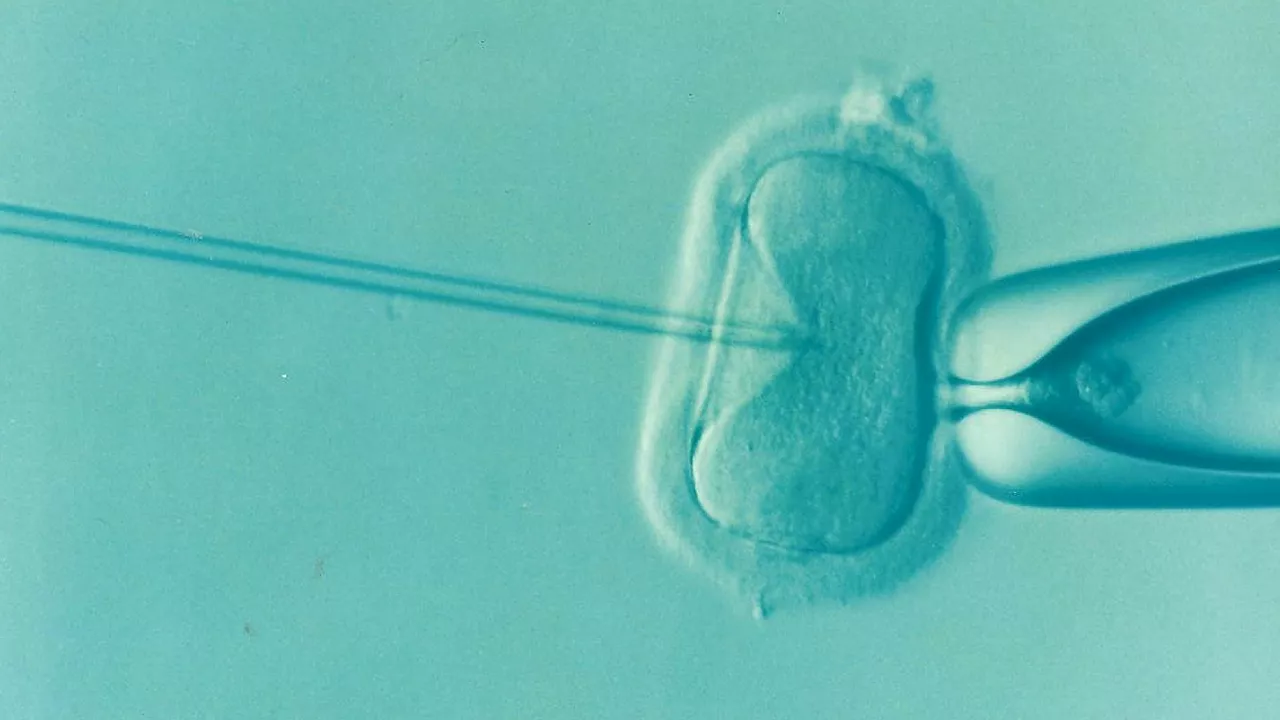The average age women start IVF has nudged over 35, and the resulting discourse has been predictably thoughtless. Read more on Grazia.
Another day, another accusatory headline. Or several of them, actually. This week, new figures were released showing that the average age of women starting IVF has nudged over 35. According to British fertility regulator Human Fertilisation and Embryology Authority , 52,500 women went through IVF cycles in 2022 and their average age was just over 35, but this makes treatment less likely to work.
Single women, and same-sex couples who’ve gone through IVF, were also included in the new figures. Astonishingly, bravely, the number of single women putting themselves through it has increased 82 per cent since 2019, while the number of same-sex couples has gone up 35 per cent. But that gets lost in some of the shrieking when it comes to this subject.
Whether or not you’re eligible for fertility treatment also varies wildly in different areas , and waiting times for treatment have gone up – like everything else – which means you may start looking for help in your early 30s but it could take several years to get there. Also, the money for IVF cycles has been slashed in many parts of the country. I saw a comment online this week suggesting that cancer treatment should take precedent over funding IVF cycles.
South Africa Latest News, South Africa Headlines
Similar News:You can also read news stories similar to this one that we have collected from other news sources.
 Average age of women starting IVF passes 35 - as proportion of NHS-funded IVF cycles dropsPatients are beginning fertility treatment at an older age, which experts suggest could be partly down to a knock-on effect of delays from the COVID pandemic.
Average age of women starting IVF passes 35 - as proportion of NHS-funded IVF cycles dropsPatients are beginning fertility treatment at an older age, which experts suggest could be partly down to a knock-on effect of delays from the COVID pandemic.
Read more »
 Novel treatment improves embryo implantation and live birth rates in infertile women undergoing IVF and ICSINew research has demonstrated the effectiveness of a first-in-class oral, non-hormonal drug in increasing embryo implantation, pregnancy and live birth rates among infertile women who are undergoing in vitro fertilization (IVF) or intracytoplasmic sperm injection (ICSI).
Novel treatment improves embryo implantation and live birth rates in infertile women undergoing IVF and ICSINew research has demonstrated the effectiveness of a first-in-class oral, non-hormonal drug in increasing embryo implantation, pregnancy and live birth rates among infertile women who are undergoing in vitro fertilization (IVF) or intracytoplasmic sperm injection (ICSI).
Read more »
 Women in Football survey: 89 per cent of women in football experience discrimination at workA vast majority of women and men working and volunteering in football are optimistic about progress towards gender equality in the industry, a new survey has revealed.
Women in Football survey: 89 per cent of women in football experience discrimination at workA vast majority of women and men working and volunteering in football are optimistic about progress towards gender equality in the industry, a new survey has revealed.
Read more »
 Men's lack of knowledge over how women pee with tampons leaves women 'terrified'Women have been baffled after men were left unable to answer a simple question - how can women urinate when they have a tampon in?
Men's lack of knowledge over how women pee with tampons leaves women 'terrified'Women have been baffled after men were left unable to answer a simple question - how can women urinate when they have a tampon in?
Read more »
Keir Starmer: Trans women 'don't have right' to use women-only spacesKEIR Starmer has said that transgender women don’t have the right to use women-only spaces.
Read more »
 Even very small amounts of elements in follicular fluid may impact IVF success rates, says researchThough exposure to 'trace' (an extremely small amount) elements has been shown to affect ovarian functions in experimental studies, there has been little research on the impact of trace levels of non-essential elements, such as lead (Pb) and mercury (Hg), on female reproduction.
Even very small amounts of elements in follicular fluid may impact IVF success rates, says researchThough exposure to 'trace' (an extremely small amount) elements has been shown to affect ovarian functions in experimental studies, there has been little research on the impact of trace levels of non-essential elements, such as lead (Pb) and mercury (Hg), on female reproduction.
Read more »
